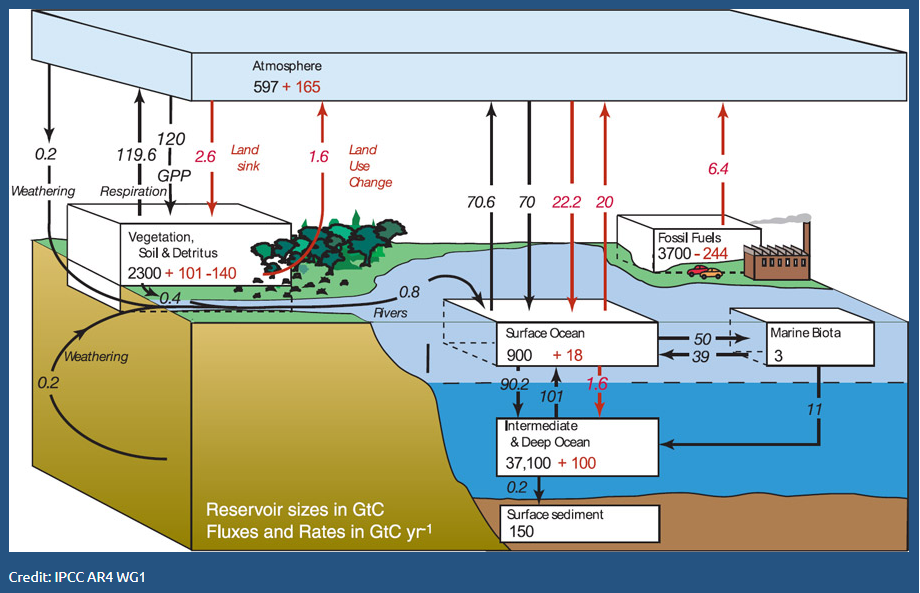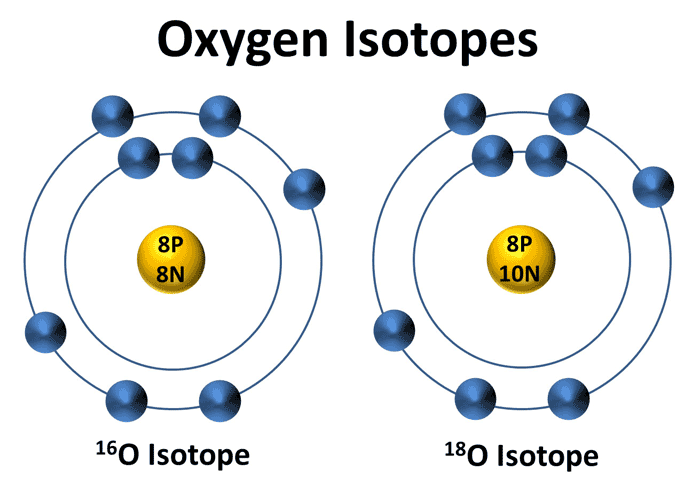Chemistry and Climate Change

Chemistry and Climate Change Reading Module A reading titled ‘Role of Chemistry in Earth’s Climate’ by A. R. Ravishankara, Yinon Rudich, and John A. Pyle in the American Chemical Society. This article is part of the ‘Chemistry in Climate’ special issue and provides an overview of the links between chemistry and climate change. This short […]
Volcanoes and Climate

Teach Climate Science with the Teacher Friendly Guide To Climate Change Classroom/Laboratory Activity A classroom activity that teaches students about the different atmospheric aerosols and gases released during volcanic eruptions and how they can affect climate. Students will analyse the data of emissions of water vapour, carbon dioxide (CO2) and sulphur dioxide(SO2) from volcanic eruptions. […]
What are Aerosols?

What are Aerosols? Classroom/Laboratory Activity A quiz to understand atmospheric aerosols, their basic characteristics and impact on climate. Use this tool to help your students find answers to: What are aerosols and what are the sources of atmospheric aerosols? Explain how atmospheric aerosols can have a cooling or warming effect on the planet. About Tool […]
The Concrete Problem

The Concrete Problem Reading A reading that describes how the cement industry contributes to global warming. This reading by Carbon Brief discusses the production of traditional cement and how this contributes to 8% of carbon dioxide emissions globally. It further highlights the projected increase in demand for concrete, particularly in developing countries, and how this […]
Hydrocarbons and climate change

Hydrocarbons and Climate Change Overview As a high school Chemistry teacher, this set of computer-based tools will help you to introduce the topics of hydrocarbons in fossil fuels, carbon dioxide release by fossil fuel combustion and the effect of high atmospheric carbon dioxide on climate change. This lesson plan helps students to learn about hydrocarbons, […]
Teaching the Carbon Cycle through Climate-related Examples

Teaching the Carbon Cycle through Climate-related Examples Overview Overview As a high school or undergraduate Chemistry or Earth Sciences teacher, you can use this set of computer-based tools to help you in teaching topics in environmental chemistry such as the carbon cycle or biogeochemical cycles. This lesson plan allows students to understand the carbon cycle, […]
Infrared Spectroscopy and the Greenhouse Gas Effect

Infrared Spectroscopy and the Greenhouse Gas Effect Overview As an undergraduate-level Organic Chemistry teacher, you can use this set of computer-based tools to help you teach infrared (IR) spectroscopy and the use of IR spectra to detect functional groups in organic molecules. The lesson plan will help students differentiate between IR active molecules and IR […]
Atomic Number, Mass Number, Isotopes and Isotopic Ratios, and Isotopic Compositions as Climate Proxies

Atomic Number, Mass Number, Isotopes and Isotopic Ratios, and Isotopic Compositions as Climate Proxies Overview As a high school or undergraduate teacher of Chemistry or Earth Sciences, you can use this set of computer-based tools to help you in teaching atomic number, mass number, isotopes and isotopic ratios, the use of isotopic ratios to calculate […]
Aerosols and Climate

Aerosols and Climate Overview As a High School Chemistry or Environmental Sciences teacher, you can use this set of computer-based tools to teach about aerosols, their sources, and their direct and indirect impact on climate. This lesson plan will help students understand what aerosols are and what are the major sources of atmospheric aerosols. Students […]
Black Carbon and its Impact on Earth’s Climate

Black Carbon and its Impact on Earth’s Climate Overview As a High School or Undergraduate Chemistry or Environmental Sciences teacher, you can use this set of computer-based tools to teach about allotropy, various allotropes of carbon and their structural and physical properties, black carbon, sources of black carbon and its impact on Earth’s climate. This […]


